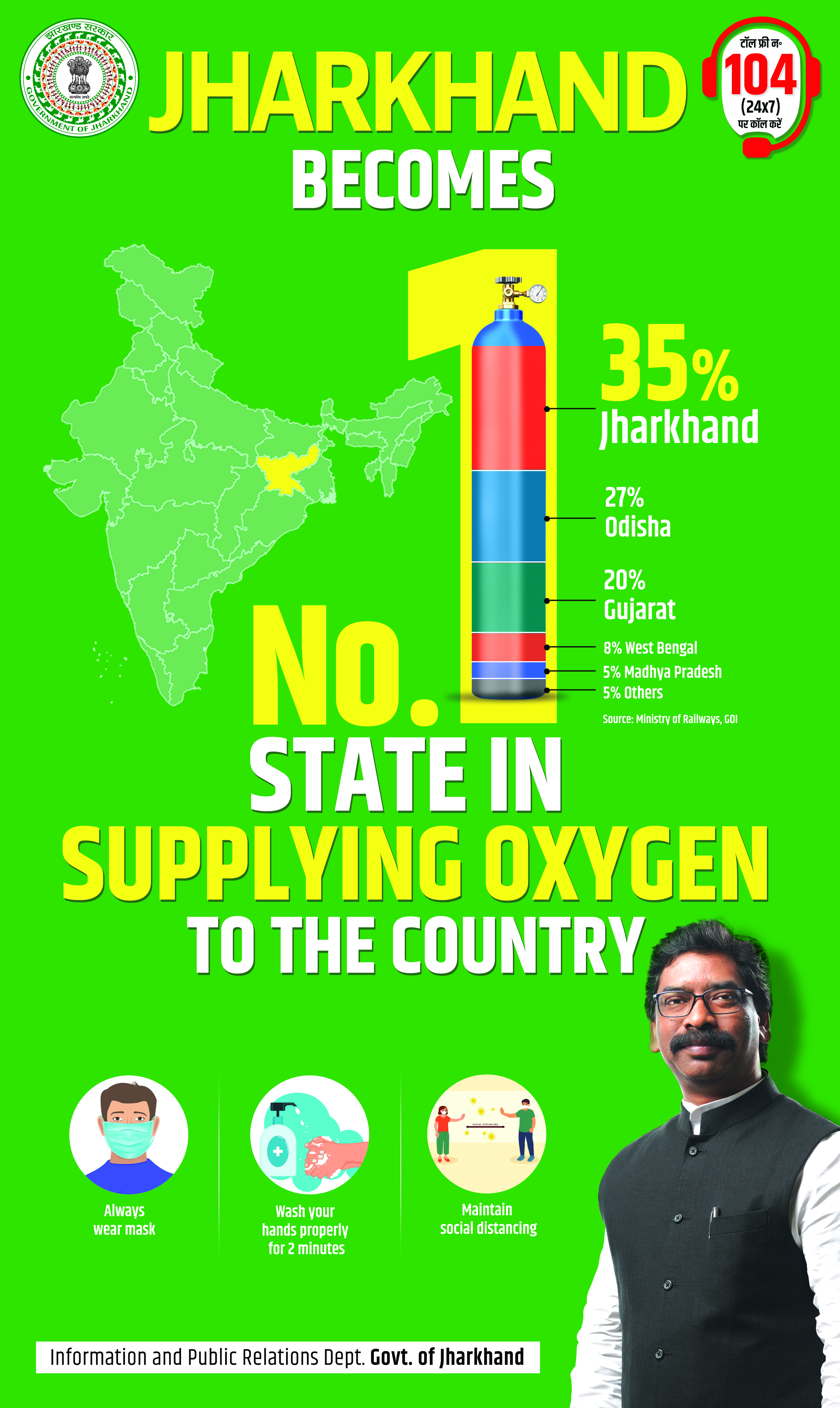*File photo
Improving the rates of breastfeeding is a critical intervention to improve health and wellbeing and survival of the child. Breastfeeding helps to prevent malnutrition in all forms, ensure food security for infants and young children even at the time of crises and thus helps to bring people and nations out of hunger and poverty cycle. The theme of the World Breastfeeding Week, observed 1-7 August, is “Breastfeeding: A foundation of life”
Breastfeeding: A Foundation of life
· Breastfeeding is associated with an IQ increase.
· With breastfeeding, mothers share elements of their immune system, which provides babies with a protective umbrella as their immune systems develop.
· Children younger than 6 months old who are breastfed exclusively for longer periods have lower rates of infectious disease and death than children who are breastfed for shorter periods or who are not breastfed.
· Providing support to mothers to breastfeed could cut the incidents of diarrhea by half and respiratory infections by a third.
· Breastfeeding improves cognitive development and intelligence.
· Early childhood stimulation during breastfeeding is critical for a child’s cognitive development. Therefore, while breastfeeding and when you are with the baby, smile, speak and play with the baby.
Breastfeeding is a smart investment for healthy children and for a wealthy nation.
· Every US$1 invested in breastfeeding generates an estimated US$35 in economic returns
· Improving the rate at which children are breastfed exclusively for the first six months at least up to 50 percent would save the lives of 520,000 children in the next 10 years.
· In low- and middle-income countries, better rates of exclusive breastfeeding would increase children’s chances of survival and their cognitive capability – enabling more children to earn more as adults. As a result, these countries could see a US$300 billion increase in economic growth in next 10 years by 2025. (the baseline year 2015)
Situation in Jharkhand
The key statistics from Jharkhand as per the National Family Health Survey (NFHS-4) are below
• Early initiation of breastfeeding: 33%
• Exclusive breastfeeding for children up to 6 months: 65%
• Complementary feeding (children 6-8 months): 47%
• Children aged 6-23 months receiving an adequate diet: 7%
